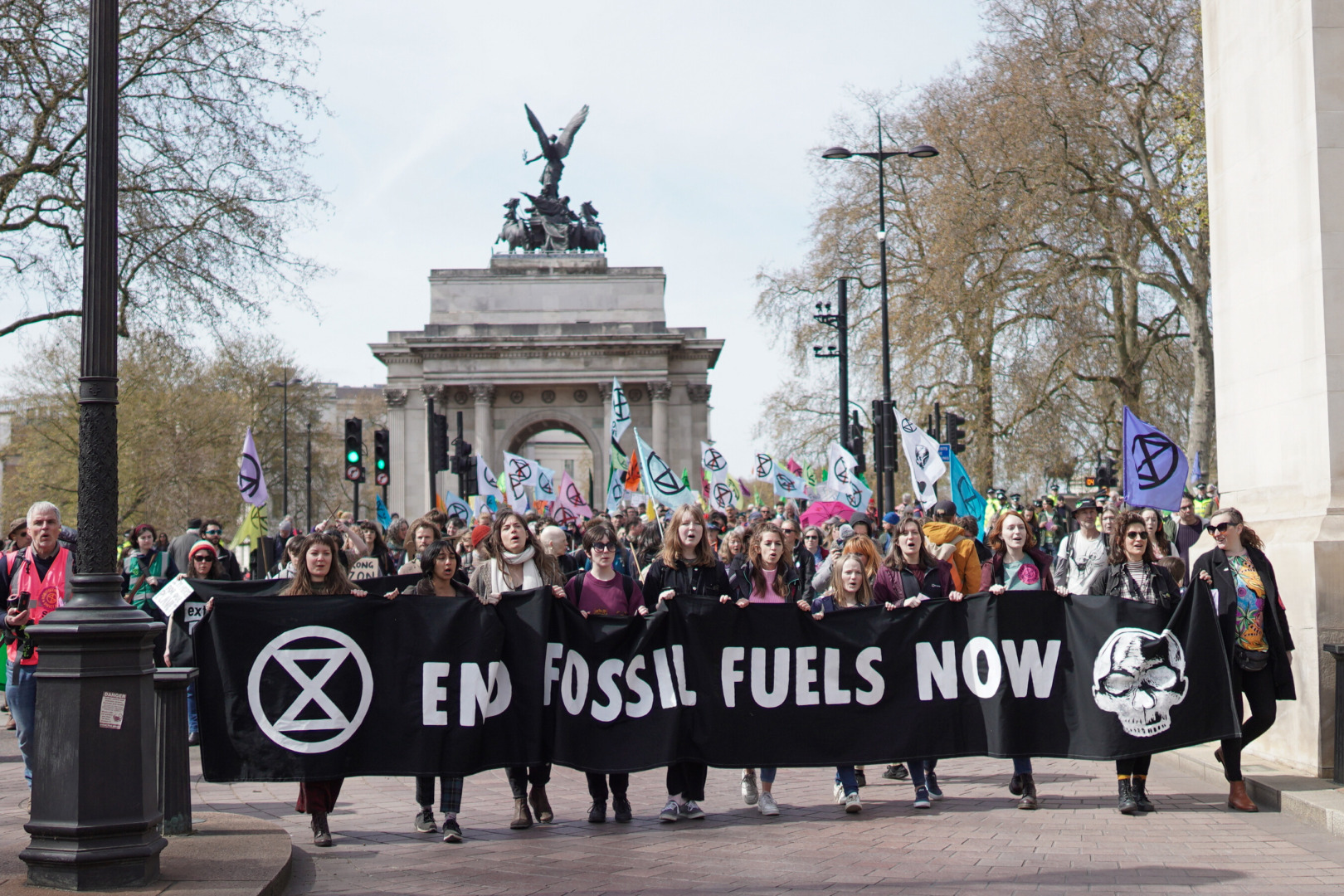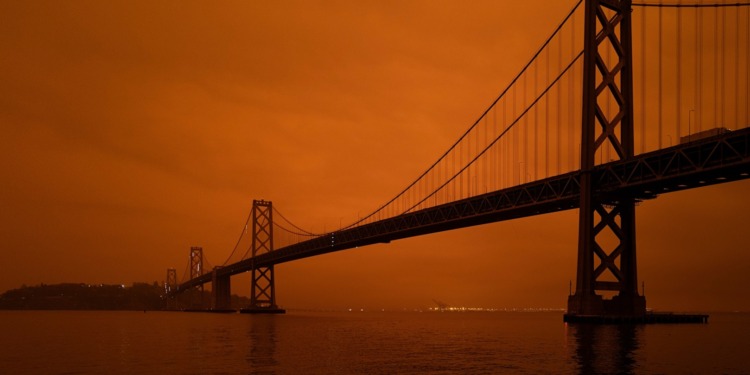New analysis led by researchers from the Met Office, the UK’s national meteorological service, reveals the likelihood of surpassing the key 1.5 °C global warming limit has risen to nearly 50 percent in 2022, compared to 20 percent in 2020.
Breaking records of heat
Scientists say it is near indisputable (93 percent likelihood) that by 2026 at least one year will break the sad record for hottest temperatures ever registered which is so far held by the year 2016 when global temperatures rose to levels not experienced on Earth since about 115,000 years ago and levels of carbon dioxide in the atmosphere had not been so high in 4 million years.
It is also near certain (again, 93 percent chance) that the next five years will record overall higher temperatures than the past five years.
Back in 2015, the Paris Agreement had marked the commitment of 193 governments worldwide (192 countries plus the European Union) to limit global warming temperatures well below 2°C, pursuing efforts to restrain this increase to 1.5°C. At that time, scientists had predicted there was zero chance of the latter limit being breached over the following five years.
But tables have turned, and quick.
The odds of at least one of the next 5 years temporarily reaching the #ParisAgreement threshold of 1.5°C have increased to 50:50.
In 2015 the chance was zero.
More from @WMO & @metoffice: https://t.co/wMkgoHVMcW pic.twitter.com/Oz5Rccz8kq
— UN Environment Programme (@UNEP) May 10, 2022
The Global Annual to Decadal Climate report, issued annually by the World Meteorological Organization (WMO) and carried out by the Met Office scientists, now warns that the next five years are likely to see critical climate changes occur as predictions say average global temperatures for each year between 2022 and 2026 may rise to 1.7°C above preindustrial levels (which refer to the average temperatures registered between 1850 and 1900).
While the temperature peak is unlikely to occur every year over the five-year period, scientists are worried the crossing of this benchmark is an indicator of irreversible damage done to global climate balance, and an ominous sign for the evolution of global warming in the future, now more likely than ever to bring severe consequences to billions of people.
“The 1.5°C figure is not some random statistic,” said Professor Petteri Taalas, head of the WMO. “It is rather an indicator of the point at which climate impacts will become increasingly harmful for people and indeed the entire planet.”
Related articles: Latest UN Climate Report: A Call for Action | Amongst Environmental Chaos, Oil and Gas Companies Blackmail New Mexicans
Dr Leon Hermanson from the Met Office added: “A single year of exceedance above 1.5°C does not mean we have breached the iconic threshold of the Paris Agreement, but it does reveal that we are edging ever closer to a situation where 1.5°C could be exceeded for an extended period.”
Human-induced climate change shows the urgent need to lower global emissions

The cause for this sudden jump in temperatures is undoubtedly human-induced. Chief amongst the drivers are continued carbon emissions pushing natural temperature cycles such as El Niño – the climate pattern describing unusual warming of surface waters in the eastern tropical Pacific Ocean and which, in 2016, engendered global heat waves – to become more extreme.
Last month, a report from the Intergovernmental Panel on Climate Change warned that the window for holding global temperatures at around 1.5°C is closing, leaving humanity with just three years to harness global emissions of carbon dioxide.
“For as long as we continue to emit greenhouse gases, temperatures will continue to rise,” said Taalas, head of the World Meteorological Organization. “Alongside that, our oceans will continue to become warmer and more acidic, sea ice and glaciers will continue to melt, sea level will continue to rise and our weather will become more extreme.”
Artic to suffer greater impact, while erratic precipitation patterns are anticipated
The report also warns of Arctic temperature anomaly, which is expected to become three times greater than the global average over the next five years.
“Arctic warming is disproportionately high and what happens in the Arctic affects all of us,” said Taalas. The rapid melting of Arctic sea ice has been linked to bouts of extreme weather worldwide, from extreme winter weather to heatwaves and floods.
Finally, the report states that unequally distributed precipitations are likely to occur in 2022, with a higher chance of rain compared with the average of the past 30 years in northern Europe, the Sahel, north-east Brazil and Australia, and drier conditions in south-western Europe and south-western North America.
As repercussions from climate change are expected to intensify over the following years, scientists warn the Paris Agreement threshold of 1.5°C was not decided on a whim. They point to the significant impacts already experienced at present while global warming is estimated at around 1°C, with drastic heatwaves currently hitting India and Pakistan, and droughts of historical severity pushing millions of people to hunger in West and East Africa.
The accumulation of reports with alarming results from scientific organisations like the IPCC and the WMO flags the urgent need for international governments to acknowledge their past failures and step up plans for a rapid decrease in emissions and for replacing fossil fuels with renewable energy.
Editor’s Note: The opinions expressed here by Impakter.com columnists are their own, not those of Impakter.com. In the Featured Photo: San Francisco smothered in smoke. Featured Photo Credit: Christopher Michel/Flickr.










